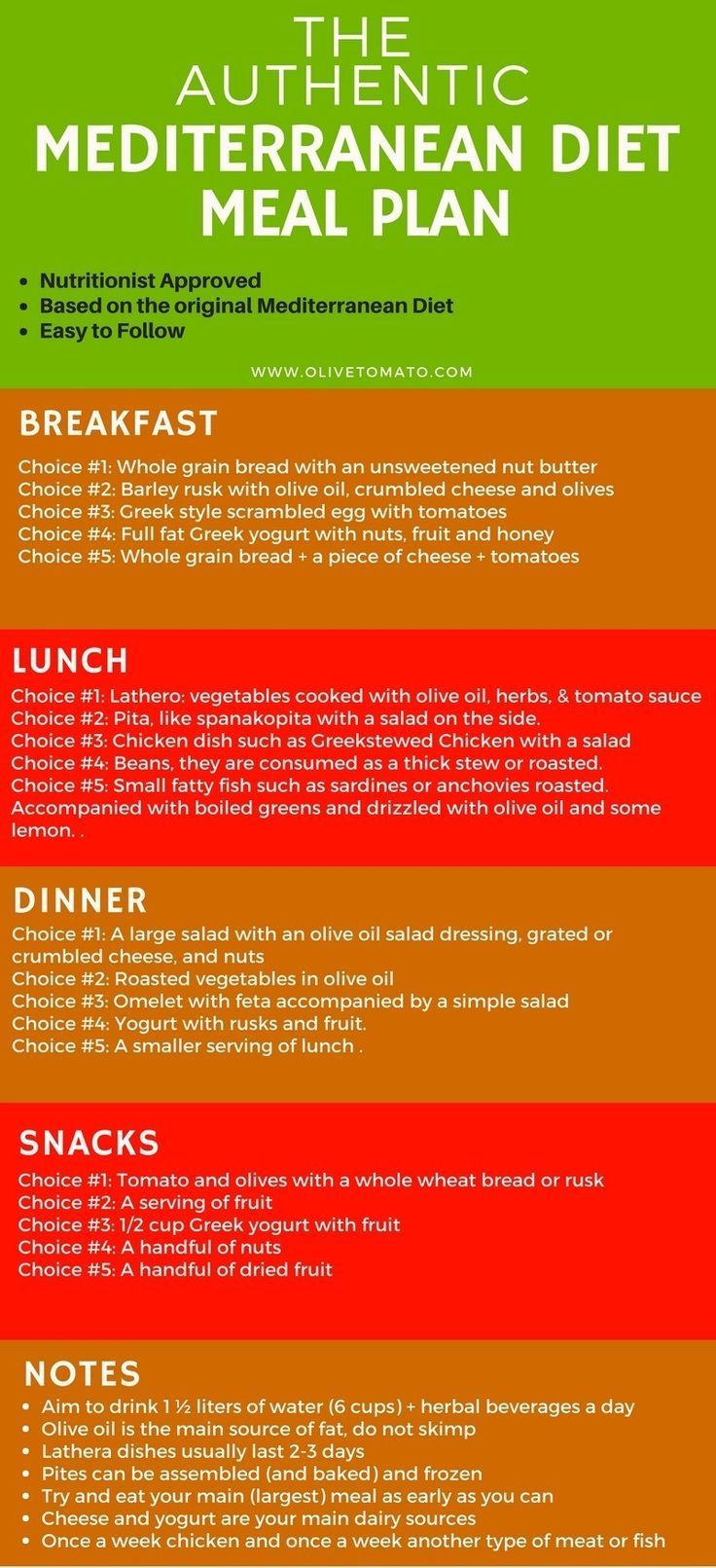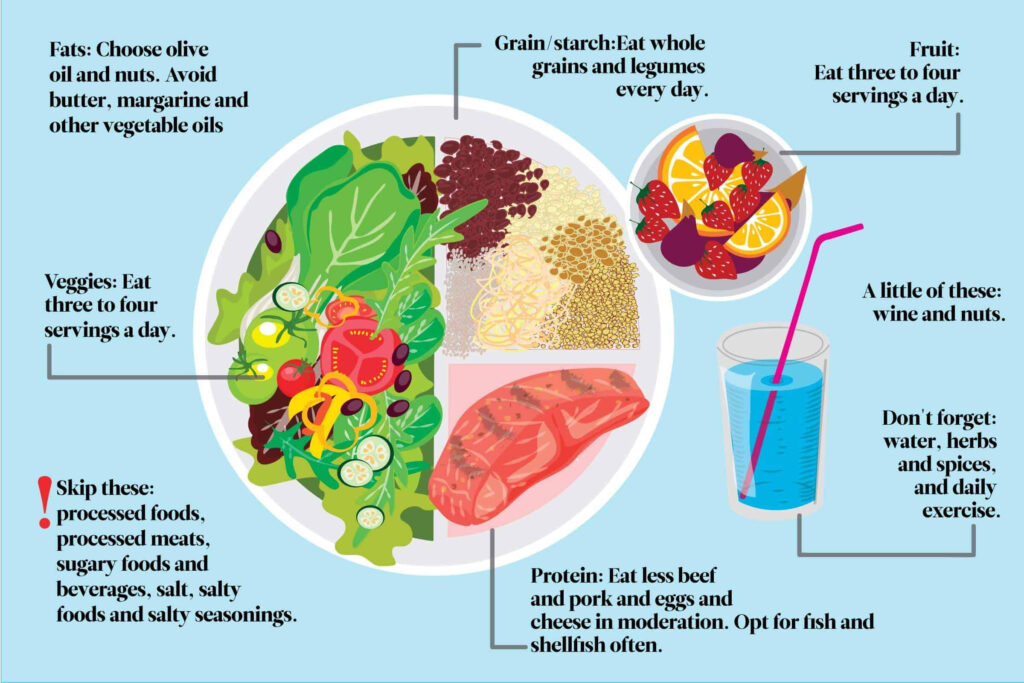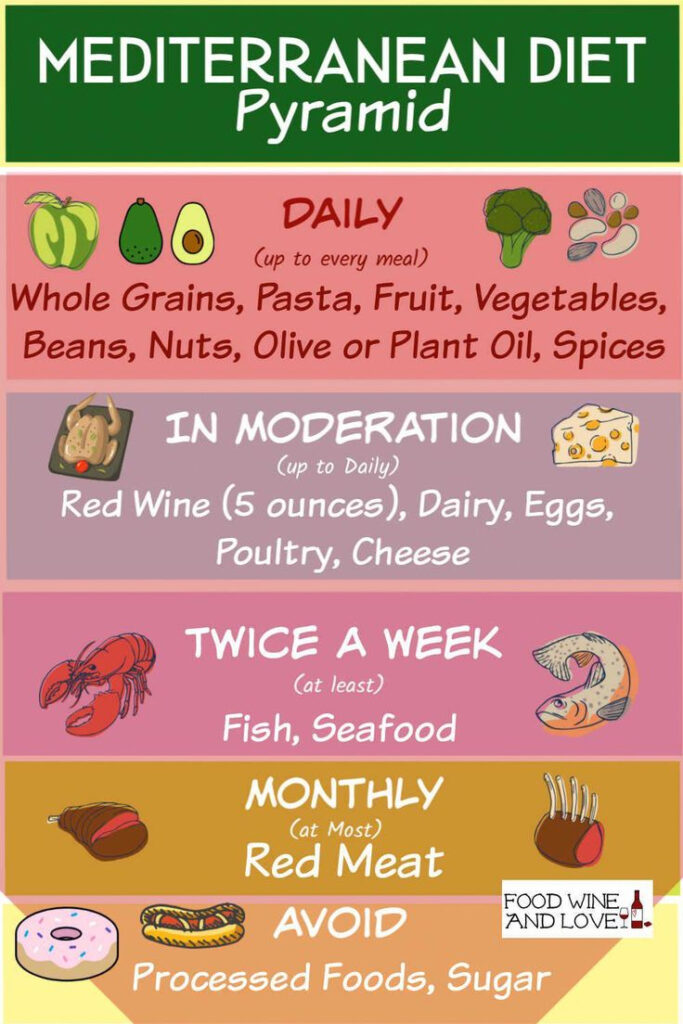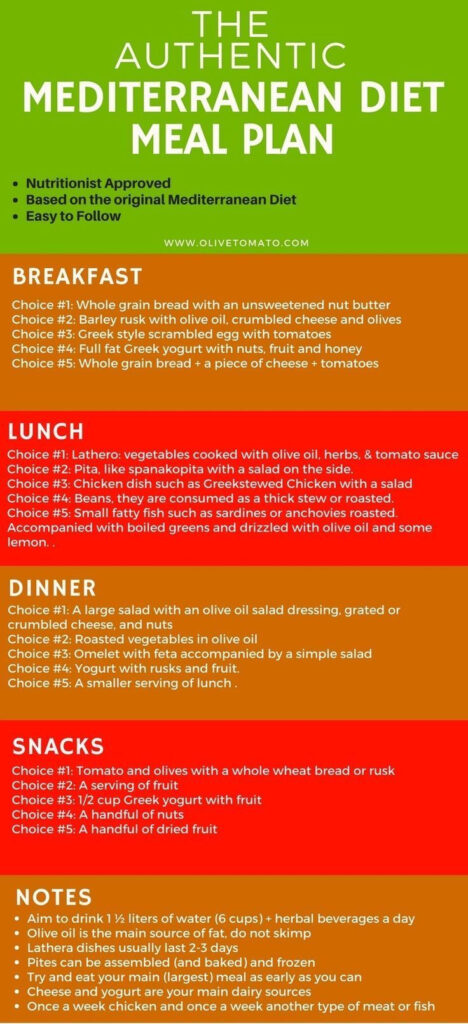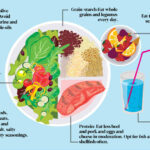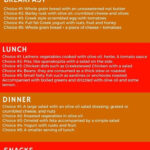How To Follow The Mediterranean Diet Plan – The Mediterranean diet refers to a way of eating that is heavily influenced by the traditional Mediterranean food. It focuses on whole natural, unprocessed foods like vegetables and fruits as well as legumes. Nuts, seeds, and olive oils. There are also moderate amounts of poultry, eggs, milk, and red meat. The Mediterranean diet encourages regular exercise and sharing meals with others.
What are the fundamentals of the Mediterranean diet? And how do they differ from other food items?
Mediterranean Diet Plan Menu – How To Follow The Mediterranean Diet Plan – How To Follow The Mediterranean Diet Plan
The Mediterranean diet is built on fruits, vegetables, whole grains, beans, seeds, and oils. The majority of these foods are eaten unprocessed. The diet includes moderate quantities of fish, poultry, eggs, and dairy, and small amounts of red meat. Instead of adhering to strict dietary guidelines or focusing on specific nutrients, the emphasis is on eating a diverse range of healthy foods.
What isn’t allowed in the Mediterranean Diet?
Pyramid How To Follow The Mediterranean Diet 10BestFoodsForWeightLoss – How To Follow The Mediterranean Diet Plan – How To Follow The Mediterranean Diet Plan
There are no regulations regarding what is permissible or not on the Mediterranean diet. The diet generally emphasizes whole, unprocessed food over heavily processed or packaged. The diet is a no-go for red meat consumption and encourages healthy protein sources like poultry and fish. While there’s no specific list of foods that are prohibited however, it is important to eat a variety of nutritious foods and minimize your intake of processed or high-fat food items.
How do I get started on my journey to Mediterranean diet
Mediterranean Diet Plan With This Easy Guide You Will Get An Easy – How To Follow The Mediterranean Diet Plan – How To Follow The Mediterranean Diet Plan
If you’re interested in starting the Mediterranean diet, there are some steps you can take to get started:
- Stock up on Mediterranean foods in your kitchen. Be sure you stock your fridge and pantry with whole foods such as fruits, vegetables and legumes.
- Increase the quantity of fruits and vegetables in your diet. For a nutritious snack in between meals, incorporate a salad into your meals at lunch and dinner.
- Lean protein sources are important: The Mediterranean diet promotes the intake of protein sources that are lean such as poultry, fish and legumes. Include these items in your diet on a regular basis.
- Reduce your consumption of red meat Consuming less red meat is a good idea. Mediterranean diet is a diet that restricts consumption of red meat. Red meat can be substituted for other proteins such as fish or plant-based meals every few days.
- A healthy lifestyle: It’s vital to stay active. Try to incorporate regular physical activity like walking, biking, or swimming, into your daily routine.
- Eating with others: Mediterranean eating encourages sharing meals and taking time to enjoy the moment. Try to make meals an event that is social, in which you can connect with family and friends.
